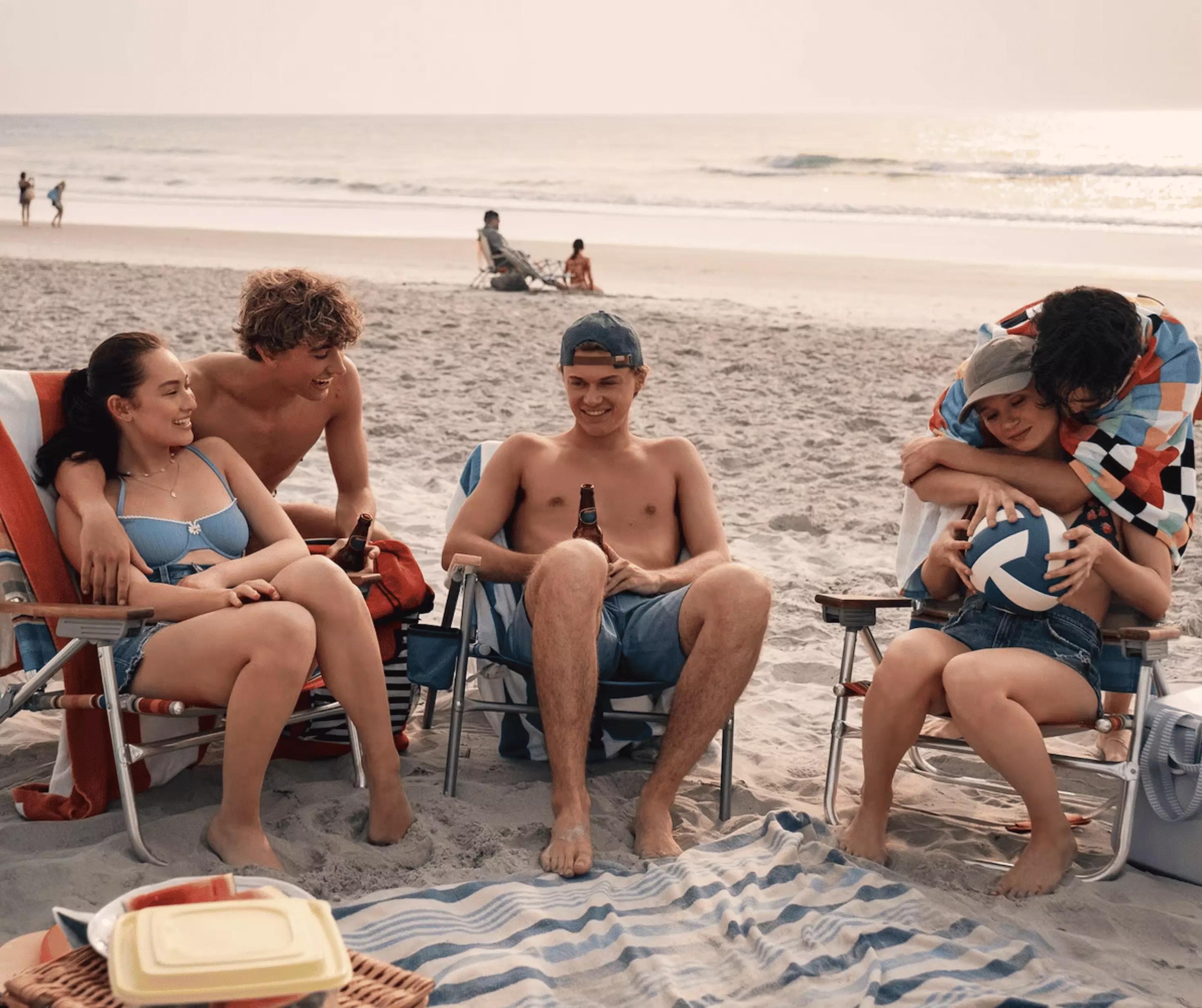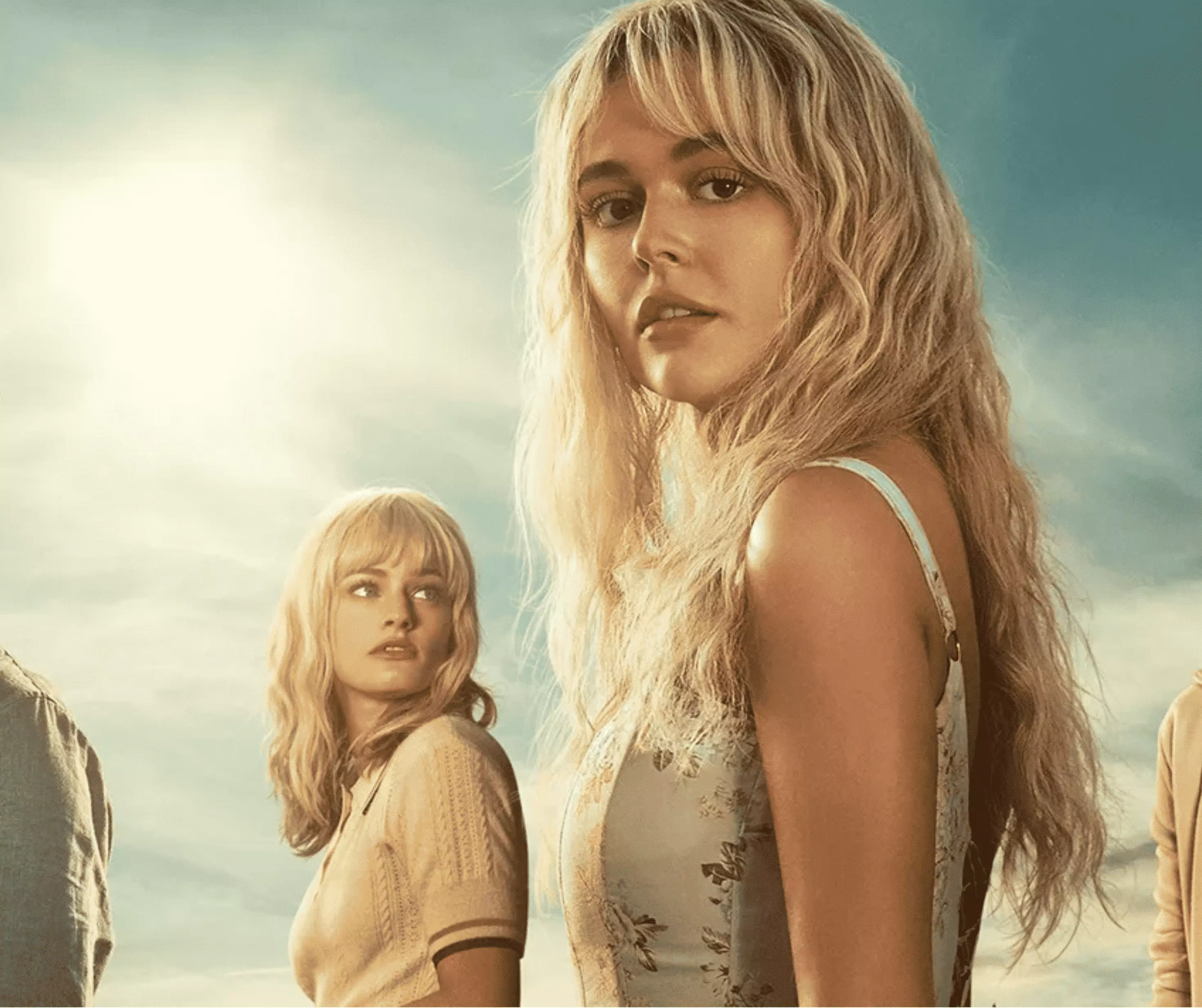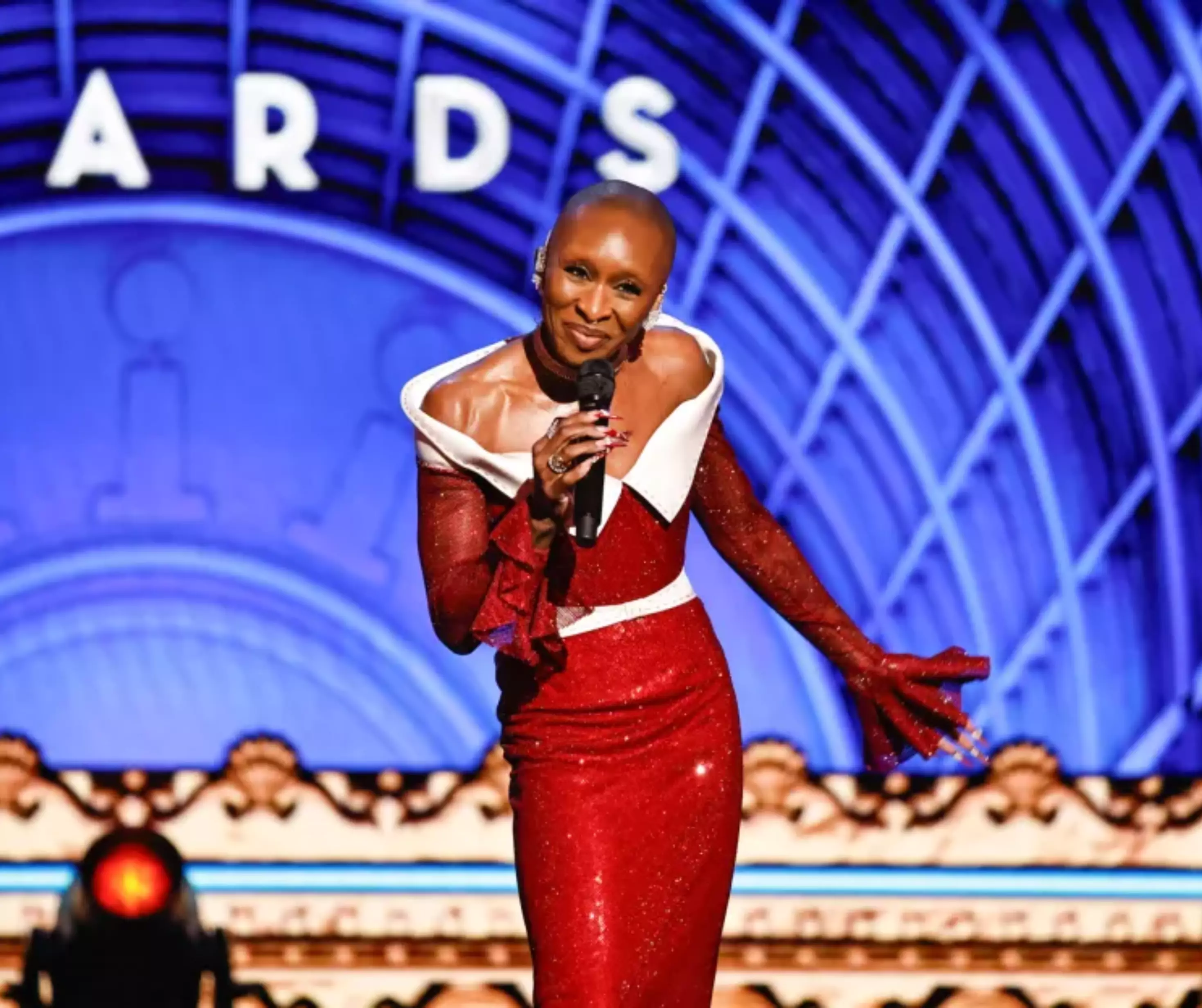What is the latest update on Netflix’s Solo Leveling series?
Netflix has confirmed the live-action adaptation of Solo Leveling, one of the most successful Korean webtoons in recent history. Actor Byeon Woo-seok has been cast as the lead character Sung Jinwoo. The series will be produced in Korea and aims to bring the high-stakes fantasy storyline to life for a global audience.Byeon Woo-seok’s casting generated excitement across fan communities and entertainment media. Known for his work in Lovely Runner and 20th Century Girl, his range and presence are seen as strong matches for Jinwoo’s transformation from weakest hunter to powerful shadow monarch.
Production updates are still underway, with no release date confirmed yet. Netflix has stated that the series will be available globally through its platform.
How did Solo Leveling become a global franchise?
Solo Leveling began as a Korean manhwa created by writer Chugong and artist Dubu. It gained massive popularity through digital platforms, including KakaoPage and Tapas. Its success led to an anime adaptation, a mobile game, and various print editions.The move to live action is the next stage in the property’s expansion. Each new format introduces new creative teams, partnerships, and technical demands. As a result, Solo Levelling has become a key example of how webtoon IP can travel across formats and reach new markets.
What happens behind the scenes when a webtoon series becomes a live-action series?
When a digital story like Solo Leveling moves into live-action production, new collaborators join the project. These include producers, screenwriters, directors, and actors. Global platforms like Netflix also enter the picture, either through licensing agreements or co-productions with regional studios.Every contributor is valuable, and each contribution operates under specific terms. These terms can include revenue-sharing percentages, flat fees, or performance-based bonuses. The licensing models employed may differ based on factors such as the geographical region, the platform used, and the original rights agreements in place.
If the original creators sold or licensed their IP early on, their compensation for later adaptations may depend on the terms of that deal. Without clear documentation, creative disputes may surface as the project grows in complexity.
Why do IP ownership and payment agreements matter?
As content moves across formats, the financial structure becomes harder to track. A creator may work with different teams on the webtoon, the anime, and the live-action version. Each adaptation may bring new producers and investors.If ownership shares are not clearly defined, payout distribution can become confusing or delayed. This affects not only writers and artists but also co-creators, consultants, and newer contributors brought in for adaptation work.
Creative Splits aid creative teams in managing their processes by providing clear documentation of revenue shares, ownership percentages, and contributor roles. This functionality helps creators and collaborators safeguard their work as it expands.
What can creators learn from Solo Leveling’s growth?
The success of Solo Leveling shows how a story can evolve across formats when supported by a clear creative vision. It also highlights the importance of early planning. Preparing for long-term expansion at the start of a project gives teams better control over their creative rights.Whether you are developing a webcomic, novel, score, or short film, documenting contributor shares can make a difference. It reduces risk, speeds up future negotiations, and protects everyone involved.
With Creative Splits, creators can structure agreements at any stage of a project. The platform supports collaboration across industries and ensures that teams stay aligned as projects grow.
What comes next for Solo Leveling?
Production is expected to move forward in Korea in the coming months. Netflix’s investment in Korean content has grown consistently, and Solo Leveling is expected to receive significant marketing support once it nears release.Fans are eager to see how key storylines, characters, and visuals will be adapted. Industry observers are watching to see how this project handles format transitions, global fan engagement, and creative leadership across teams.
Solo Leveling continues to set a path for future webtoon adaptations. It represents a new phase in Korean content strategy, where local stories expand into global franchises through layered production and platform partnerships.
How can Creative Splits support your next project?
If you are working on a creative project involving multiple collaborators, Creative Splits helps you track contributions, ownership shares, and payout terms in one secure platform. Whether your work stays indie or grows into a multi-format franchise, a solid agreement is your foundation for long-term success.Contact us now and book a free demo to learn more about how Creative Splits can benefit your next project.





